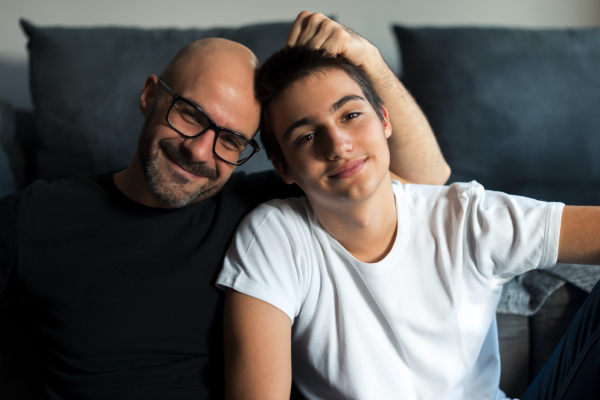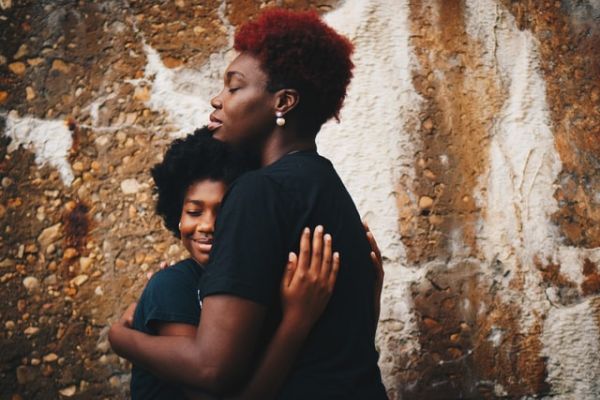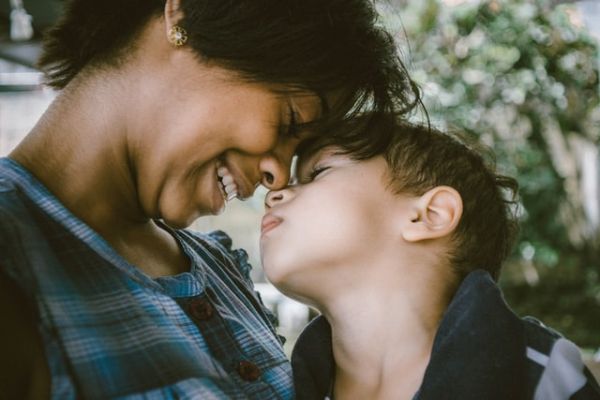How can I get my child to open up?

While young people today are articulate beyond belief, they don’t always open up about what is bothering them in their day-to-day lives - at school, in their peer group, and online.
Knowing a few conversation techniques can help you develop the confidence to guide them through an increasingly tough academic and social world. After all, information is power, and knowing the ways to talk naturally to your child makes them feel like you really care.
Here are some things that you might like to try.
Recognise the little conversation openers
When your child makes a hint at starting a conversation, it’s important to be available to respond as often as you can. To them, your response is an indication of whether they can count on you - which turns out to be a lot more important than conversations that you try to initiate.
Ask open and non-judgemental questions
“What was the best thing about school today?,” “Who did you sit with at lunch today?” will get you a lot further than “How was school today?” Questions that begin with ‘why’ often make children defensive; feed their curiosity - don’t make them explain themself.
Don't jump in with solutions and advice
Providing space to vent gives your child a chance to figure out their own solutions, which is how they develop confidence and competence. When we reflect their feelings and then help them brainstorm solutions, children find us more useful to talk to - so they're more likely to seek us out when they have problems.
Make time to connect each day
Make sure you connect one-on-one every day, even if just for a short time. Whether it’s being available when they come home, watching your favourite TV programme together, or with teens, sharing a ritual like a hot drink before bed. Don't expect your child to open up at each interaction, just being available is what’s important.
Schedule ‘special time’ together
Maybe you go for a hike or to the cinema once a month, or play tennis or football together once a week. Maybe you get to catch up on their life during the drives to swimming classes. Children often wait for these routine times with their parents to bring up the things that are bothering them.
Keep a positive mindset
Young people have lots on their mind, so sometimes parents come low down on their priorities. However, if you approach the conversation with confidence, you’re more likely to get a response than if you go in expecting failure. “I was hoping we could make dinner together later” works a lot better than “you never tell me anything these days!”
Stay open and available
Most children will talk when something is worrying them, so if you’ve shown that you’re a good listener then they should come to you. But be careful not to over-respond by acting like the information that they share is ultra-important - this could result in them withholding power and becoming even more tight-fisted about sharing.
Use indirect communication
Children will often open up more in the car, on a walk, or in the dark - times when eye contact is limited. If they’re drawing, demonstrate you’re on their level by picking up a crayon too. Simply being in their company, doing a task together, provides a gentle but effective way to get kids talking.
Listen
This is, of course, the single most important part of helping children to open up. Good listening involves gently reflecting back what they’re saying so they know you understand, then staying quiet so that they can talk more. If they stop talking, you can ask another question, but keep your tone friendly and curious, not interrogatory.










